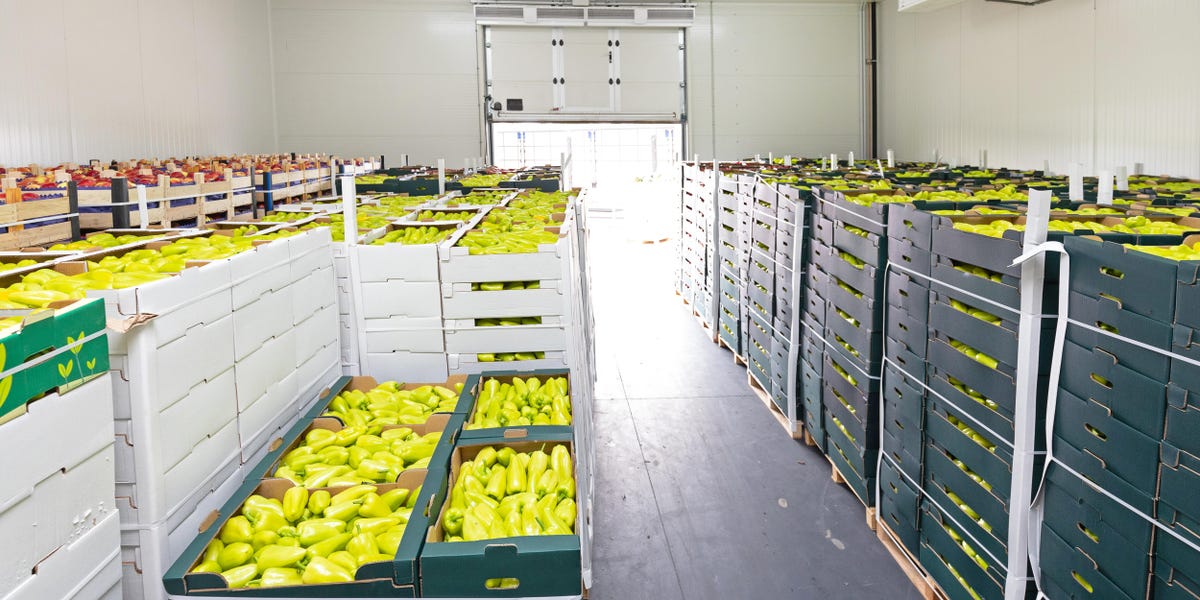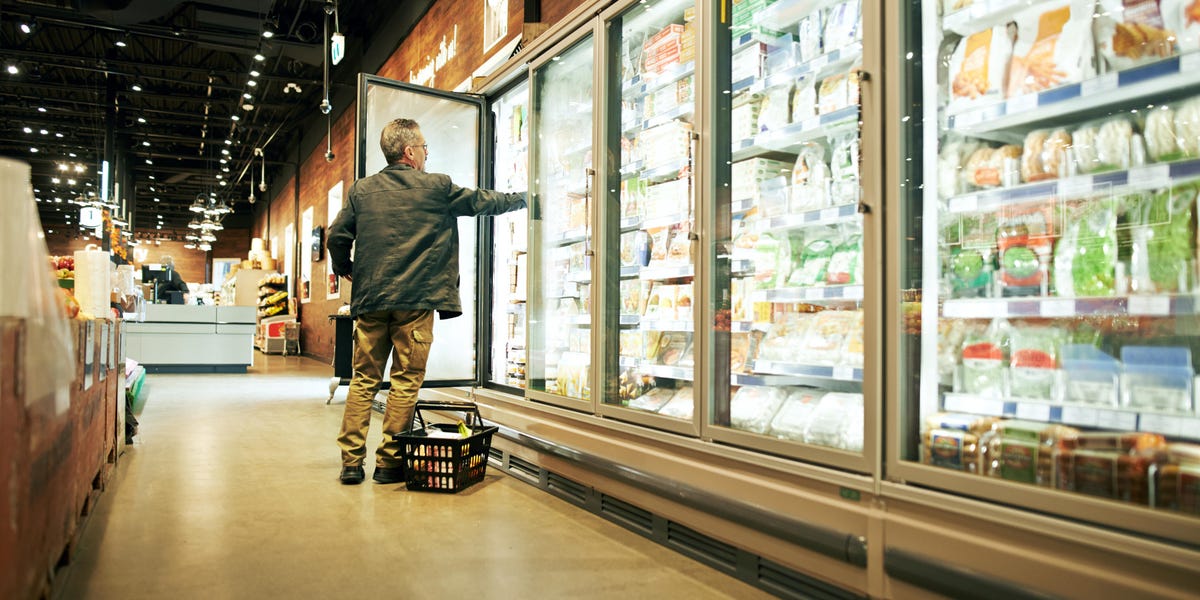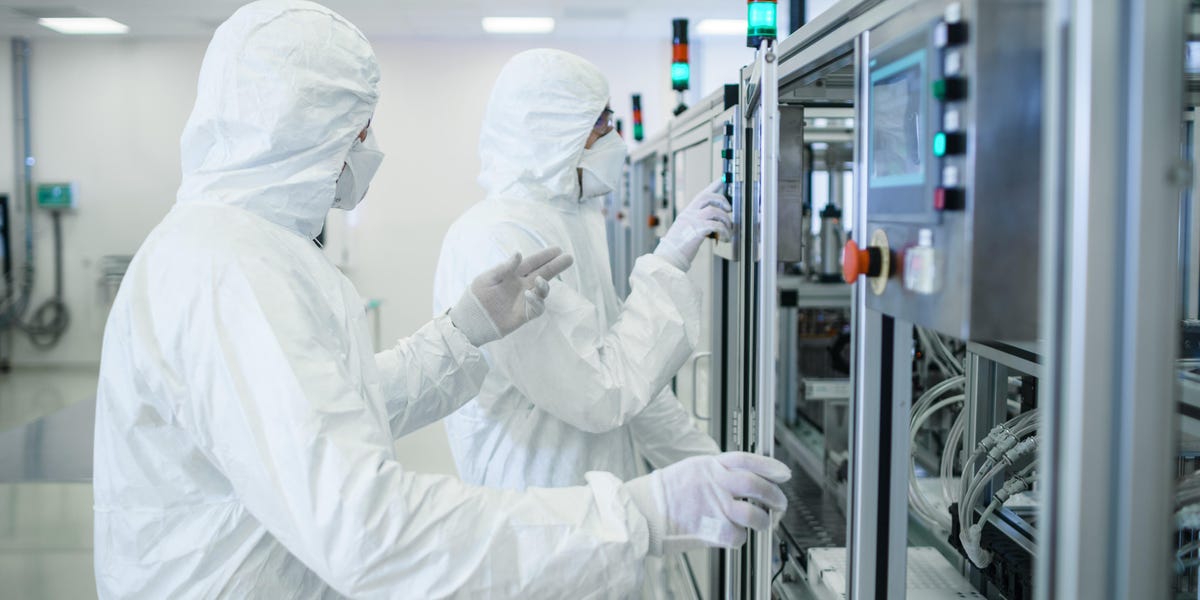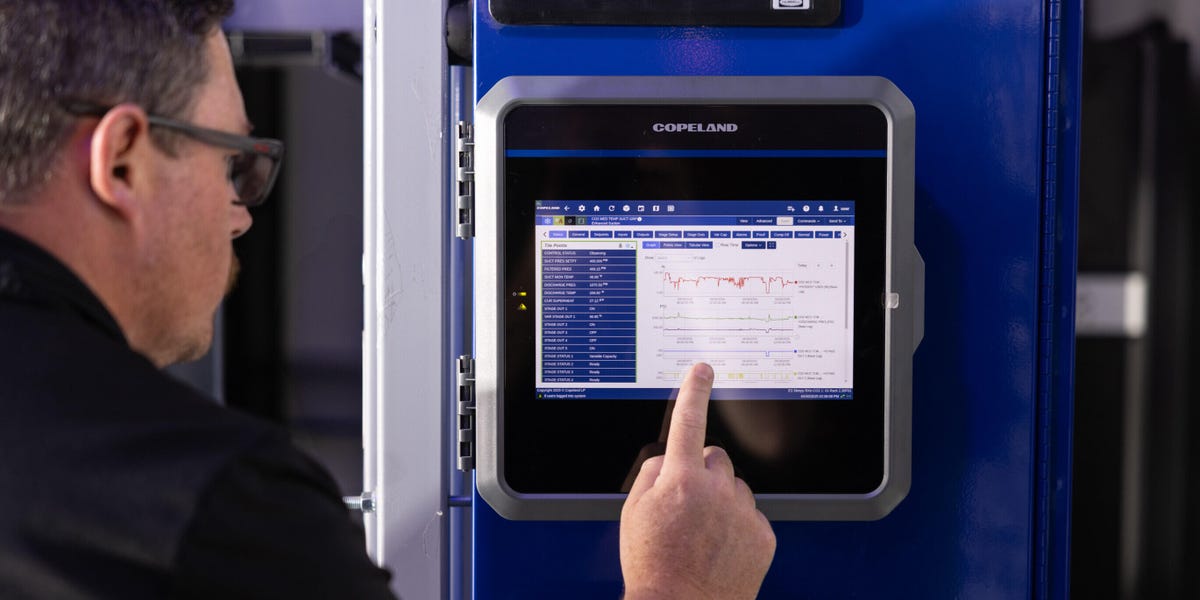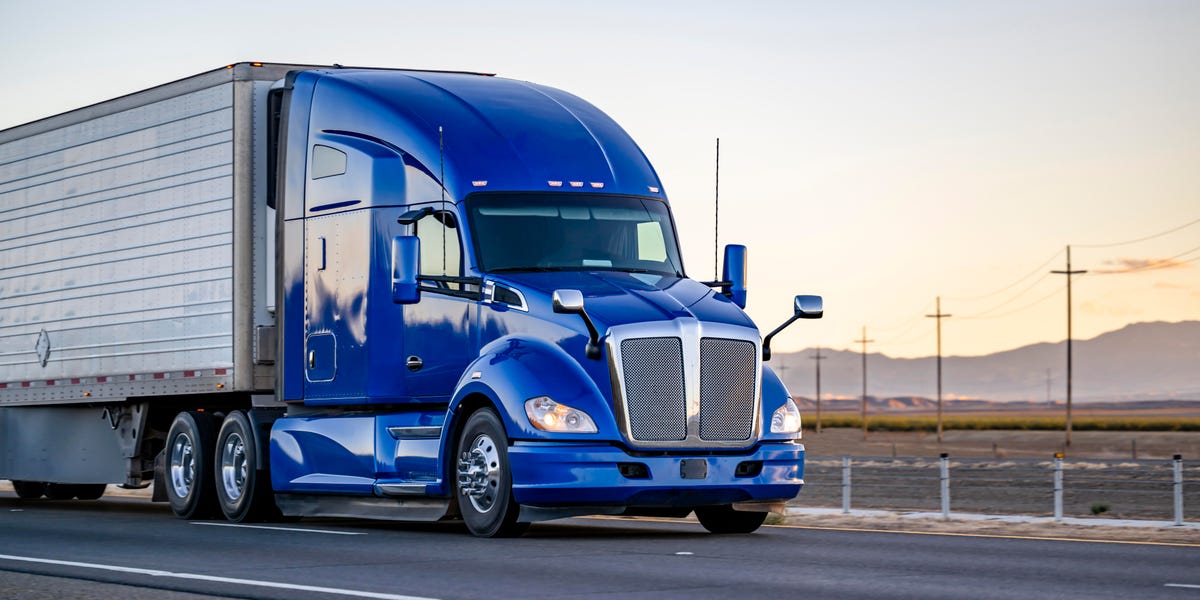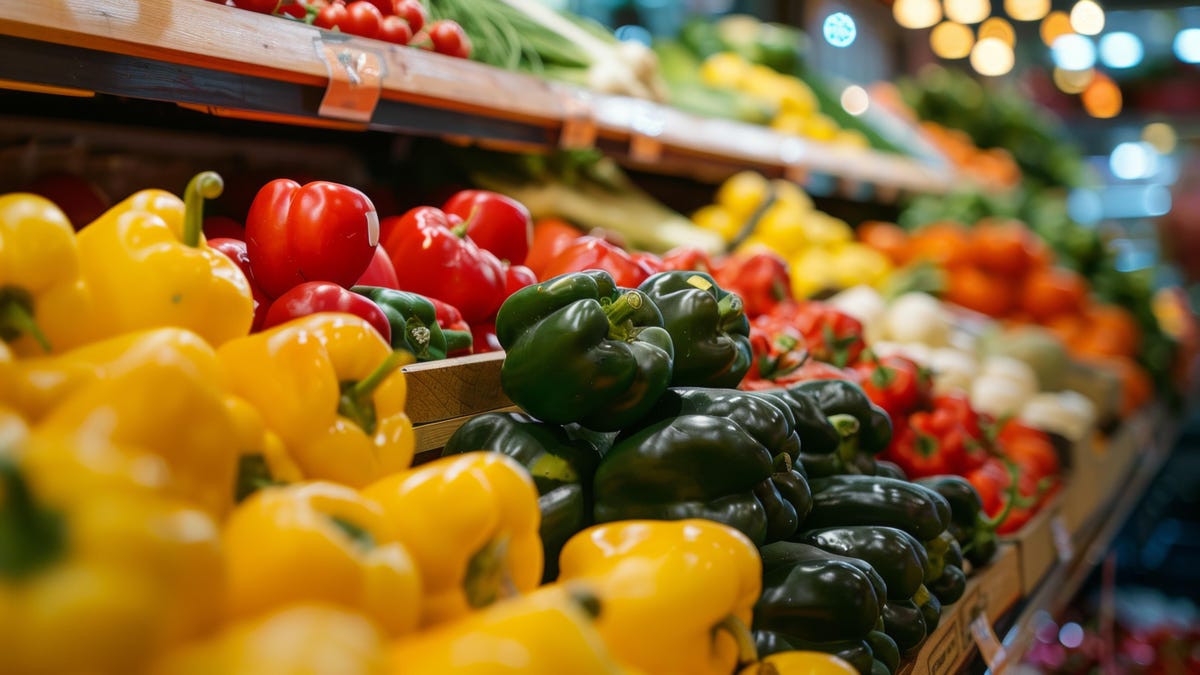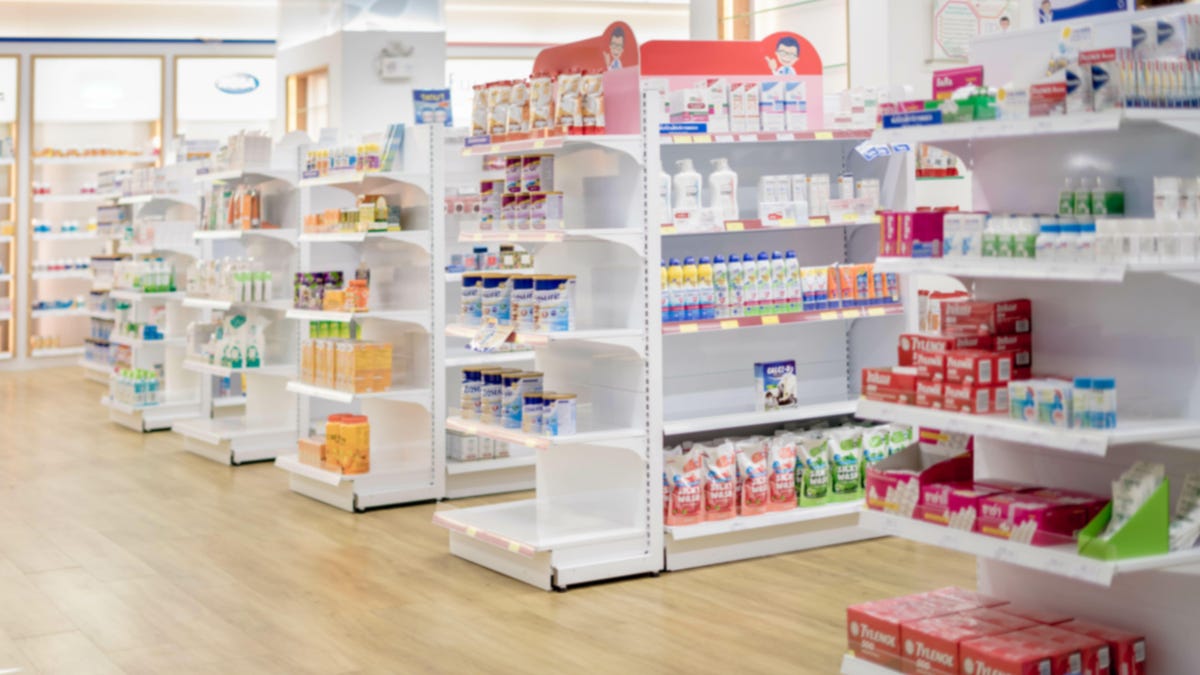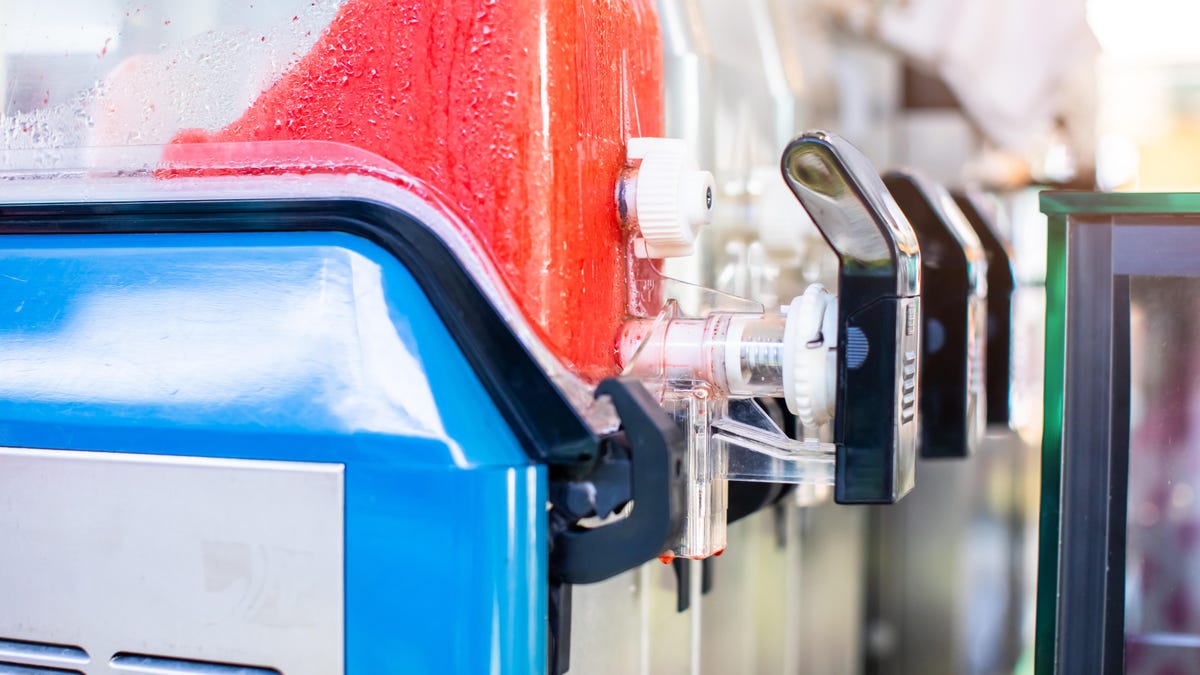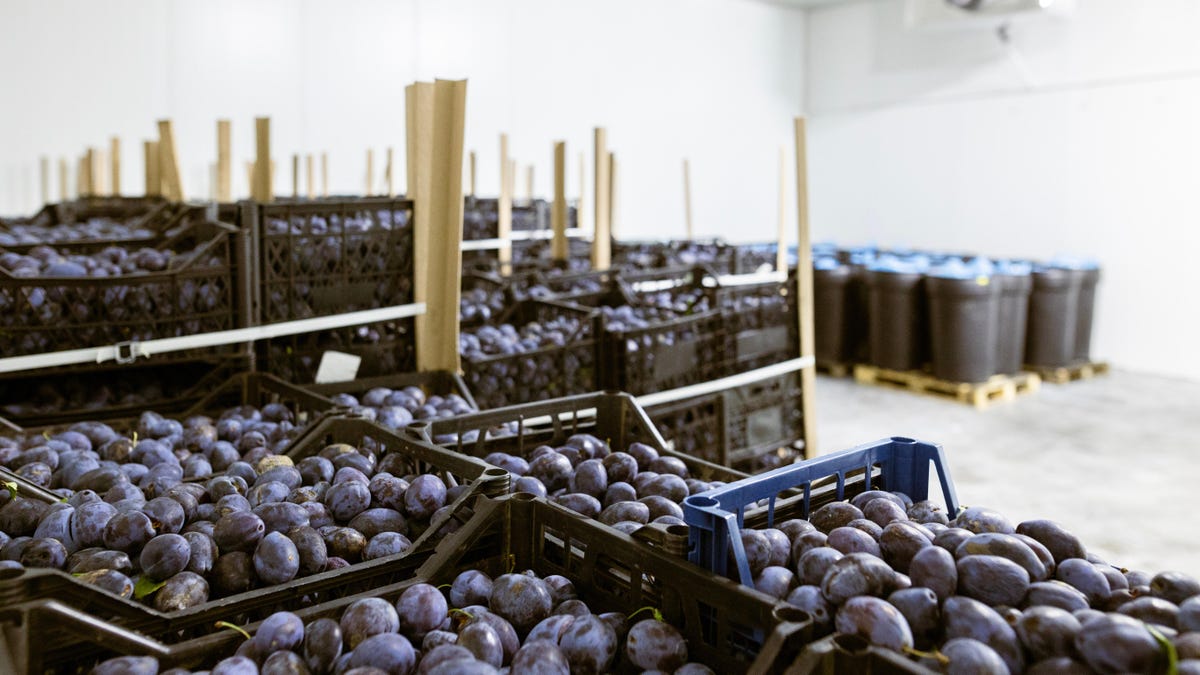The distance food and medicines travel in the global temperature-controlled supply chain creates significant challenges. These are compounded by complex cold chain logistics, evolving regulations and rising demand for traceability and precise temperature control.
Our climate-friendly advanced refrigeration as well as tracking and monitoring systems help maintain optimal temperatures, safeguard perishable shipments and increase efficiency of refrigeration systems in various applications.
Segments we serve with cold chain technology
Copeland’s cold chain technologies deliver reliable and scalable refrigeration and temperature monitoring solutions that support a variety of applications.
Innovative solutions for cold chain management
Copeland leverages 100+ years of HVACR expertise to deliver low-global warming potential (GWP) refrigeration compressors and condensing units, as well as monitoring and tracking solutions for the temperature-controlled supply chain. These technologies address global concerns like food quality and safety, compliance with healthcare regulations, energy efficiency and sustainability.
Through integrated low-GWP and natural refrigeration solutions, as well as advanced tracking and temperature monitoring technologies, we reduce environmental impact while helping to safeguard perishable food and medicine at every stage.
Save energy and safeguard perishable products with Copeland
Copeland is a leader in the industry through stewardship, expert professional services and solutions that balance innovation with total cost of ownership to ensure long-term value for our customers. Through research and development of CO2, refrigeration and transport, we develop sustainable technologies that perform even in challenging environments. We work alongside customers, government and industry peers to help shape industry standards. By safeguarding temperature-sensitive goods during storage, food preparation and transport, Copeland’s solutions reduce environmental waste. They also address global challenges in food quality, pharmaceutical access and safety, while delivering additional benefits such as:
Cold chain management solutions in action
Copeland delivers scalable, sustainable and end-to-end solutions that ensure the integrity of temperature-sensitive goods. Read these case studies to discover how our technology drives efficiency, reduces waste and solves complex challenges across diverse supply chains.
1This page contains a series of company impact statements that use qualitative language and metrics to describe our industry presence and sustainability impact. Learn more about how we determine our impact statements.

